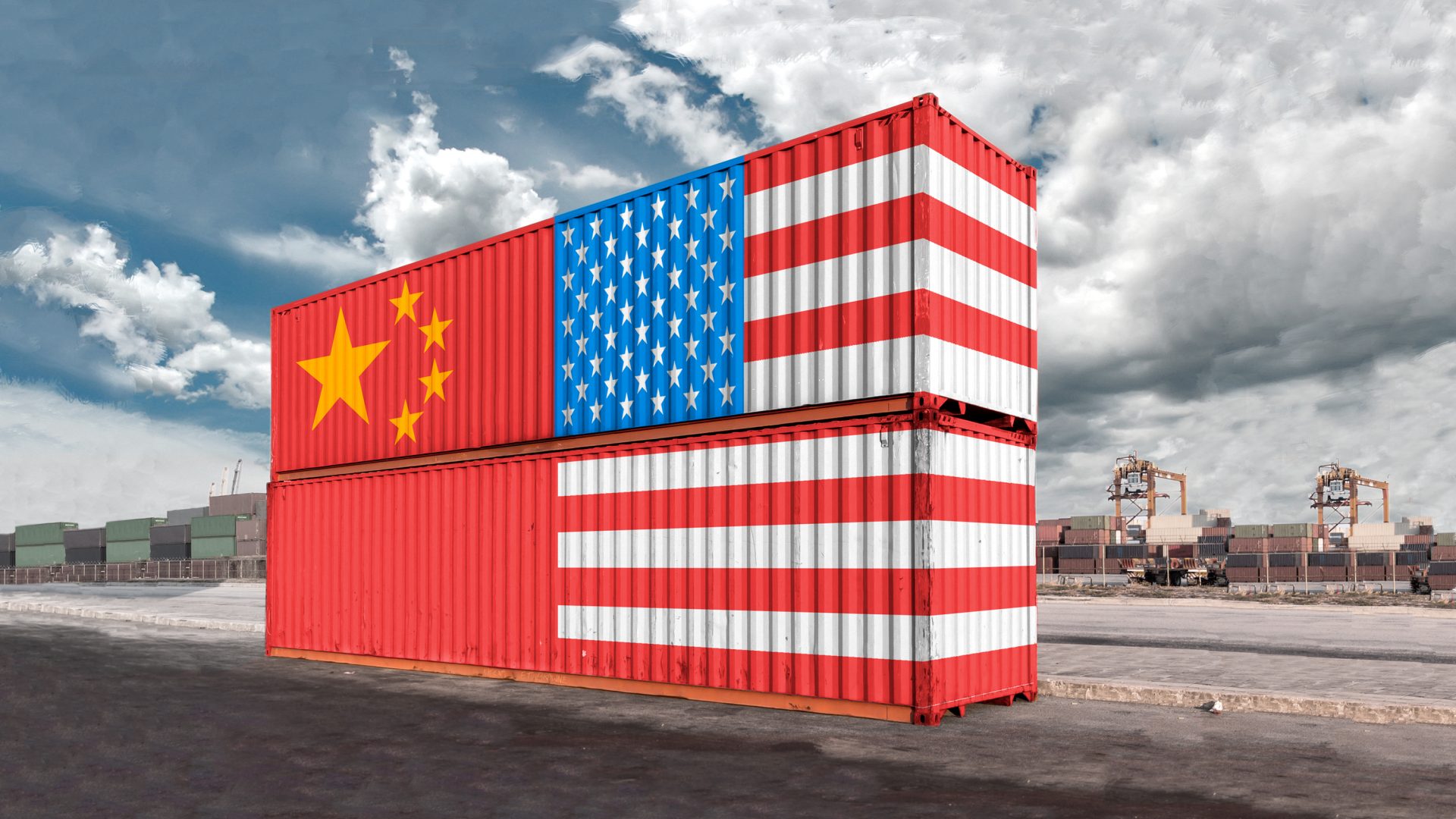China is on the road of global leadearship

On Sunday, an annual meeting of Pacific Rim countries ended with a clash between two behemoths. The Asia Pacific Economic Cooperation summit, held in Port Moresby, Papua New Guinea, saw Chinese and American representatives continue their countries’ battles over trade. For the first time in the bloc’s history, there was no joint communique issued at the summit’s end.
The impasse echoed the rancor at the Group of Seven summit in Quebec this summer, where a spat with Canadian Prime Minister Justin Trudeau prompted President Trump to reject a joint statement agreed to by key U.S. allies. But this time, it wasn’t the White House that was blamed for the breakdown.
Citing an official from the American delegation, the Wall Street Journal reported China balked at a single proposed sentence in the communique: “We agreed to fight protectionism including all unfair trade practices.” Beijing has refused to acknowledge one of Washington’s main grievances — its alleged coercing of U.S. companies to transfer technology to Chinese counterparts — and believed the proposed wording was too direct a jab at China.
“China wouldn’t agree to that language, believing it amounted to a ‘singling out’ of Chinese trade practices,” noted the Journal.
For President Xi Jinping, the APEC summit was supposed to highlight China’s friendly face to the world. Instead, he faced off against Vice President Pence, who used the forum to decry China’s global development projects as “opaque” schemes that saddle weaker countries with “staggering debt.” The United States launched a rival infrastructure initiative, backed by Australia, New Zealand and Japan.
“Xi defended China’s trade practices and denied that its Belt and Road Initiative contained hidden geo-political and other sinister motivations. And no matter how adamantly he did so, it was not a conversation that Xi intended to have when he first landed in Port Moresby”, wrote John Lee, an adjunct professor at the University of Sydney.
The showdown illustrated a deepening political reality in Asia: Many countries are far more wary of an increasingly assertive China than the United States, the old guarantor of security in the Pacific.
Xi may not be quite as prepared for that game as it may seem. In a rare and provocative riposte to the country’s central leadership, Beijing’s former chief trade negotiator recently commented that China wasn’t thinking “deeply enough” during its current confrontation with Washington.
“The Chinese still don’t know how to handle Trump, and they don’t really know what they’re doing,” Trey McArver, founding partner of Beijing-based consultancy Trivium China, said to The Washington Post’s Finance 202 newsletter. “They don’t have any new ideas. I think they’re just spinning their wheels.”

